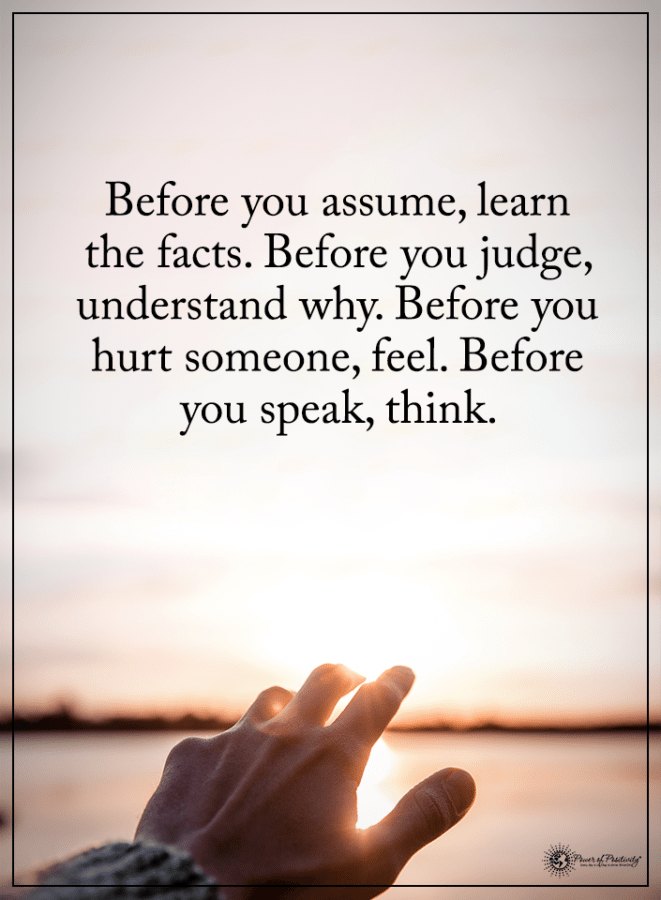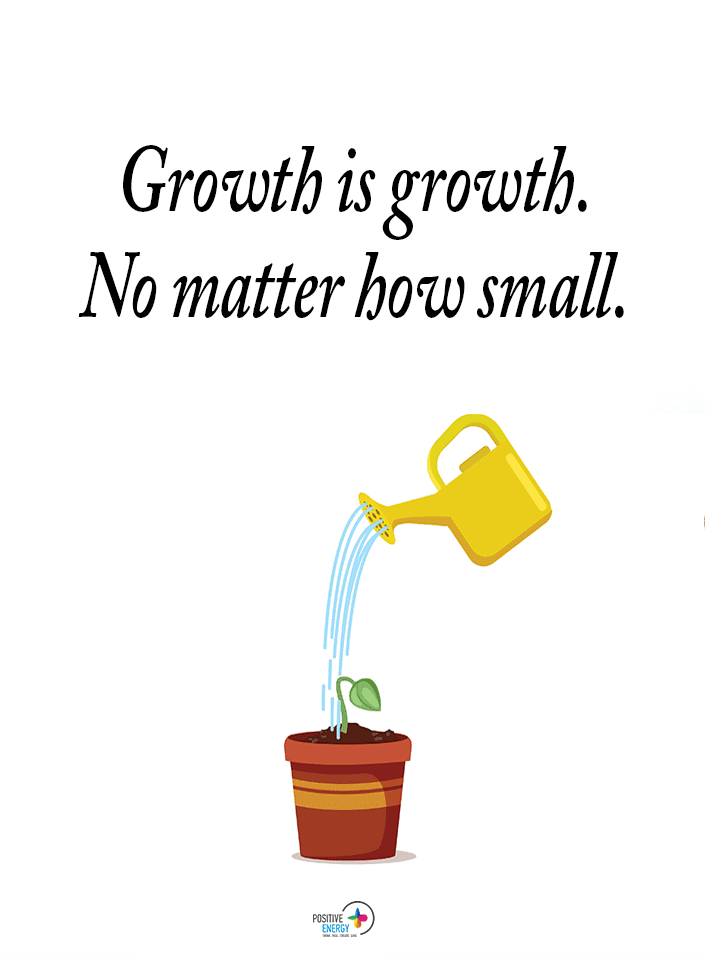Heal your relationship by learning to communicate more constructively.
Few elements play as pivotal a role as communication in a relationship. This skill is the thread that ties partners together, allowing them to weave stories of love, challenges, and growth. Yet, many couples find themselves caught in the web of miscommunication. That leads to rifts that can strain even the most passionate bonds.
Recognizing the signs of weak communication isn’t just essential—it can also heal and transform. As you read this article, you’ll discover its profound impact on relationships. You’ll also see the repercussions of its absence and the unmistakable signs that a couple might need.
How Communication Impacts Relationships
“Communication to a relationship is like oxygen to life. Without it… it dies.” – Tony Gaskins
Defining Effective Communication:
At its core, effective communication is about understanding, validation, and resolution. It’s not just about conveying a message. Instead, it must resonate with the listener. For couples, this resonance means each person feels seen, heard, and valued.
The Roles of Listening and Speaking in Communication:
In relationships, the skill of listening is just as crucial—if not more so—than the act of speaking. A balance between these two ensures that both partners have equal voice and agency. This equilibrium fosters a mutual respect that solidifies trust and intimacy.
A Strong Communication Bond:
When two people can share their deepest fears, joys, and dreams without hesitation, they lay down bricks of trust and understanding. This fortified bond leads to a relationship that is not just enduring but also enriching. It’s a relationship where disagreements transform into opportunities for growth, and silence speaks of comfort, not estrangement.

What Happens When a Relationship Lacks Communication?
Some say that silence can sometimes be louder than words. In relationships, the silence from a lack of communication can reverberate with unsettling echoes of discontent.
The Snowball Effect:
A simple misunderstanding can quickly snowball into a major conflict when not addressed timely. What a couple could fix with a short conversation transforms into prolonged silent treatments, exacerbating feelings of disconnect.
Emotional Distancing:
As communication dwindles, partners may begin to feel they’re living parallel lives. This emotional chasm can lead to a breakdown of connection where partners become mere cohabitants rather than intimate allies.
Risk of Resentment and Trust Issues:
When thoughts and feelings are bottled up, they ferment into resentment. Over time, these unvoiced concerns can cause trust issues. Without open dialogue, doubt casts shadows on intentions, leading partners to question each other’s actions and motives.
Decreased Intimacy:
Intimacy is more than merely a physical connection; it’s an emotional intertwining of souls. When communication barriers rise, this emotional intimacy suffers, leading to a diminished physical connection. The couple may find themselves in a cycle where they feel more like distant friends than passionate lovers.
Communication is the bridge that connects two hearts. Without it, even the happiest of relationships can drift into troubled waters. Recognizing the signs of dwindling communication can be the compass that guides couples back to the shores of understanding and intimacy.
15 Signs a Couple Needs to Improve Communication
Do any of these symptoms impact you and your partner?
1 – Frequent Misunderstandings Stem From Poor Communication:
Communication isn’t just about words but the essence behind them. When partners frequently feel misunderstood, it reveals gaps in their connection.
Recurrent exclamations like “That’s not what I meant!” or “You’re taking it out of context!” are not merely expressions of frustration; they reflect a more profound challenge where both parties aren’t in tune with each other’s perspectives.
Over time, these misunderstandings can lead to increased friction, distrust, and feelings of alienation.
2 – Avoiding Difficult Conversations:
Every relationship encounters challenging topics. They may be finances, trust, or plans. When these topics become elephants in the room, it’s a clear sign of communication avoidance.
Partners might be preventing conflicts by sidestepping these issues. But in reality, they’re allowing them to fester. Unaddressed, these subjects can grow into insurmountable challenges, potentially damaging the relationship’s foundation.
3 – Withholding Feelings:
Emotional transparency is vital for a relationship’s health. When one of the partners chooses to keep their feelings hidden, they inadvertently build walls.
These brick-by-brick walls lead to internal emotional turmoil and can manifest externally as detachment, irritability, or resentment. Such a dynamic stifles genuine understanding and intimacy in a relationship.
4 – Over-reliance on Digital Communication:
Technology has brought us closer. Still, it also comes with pitfalls. When partners choose digital mediums over face-to-face interactions for significant discussions, they miss vital non-verbal cues.
Emojis can’t replace the depth of emotions seen in one’s eyes or the tone variations in one’s voice. This over-dependence on technology can cause misunderstandings and a diminished sense of closeness.
5 – Constant Interruptions:
True communication is a two-way street that requires speaking and listening. When partners constantly interrupt each other, it shows dominance and impatience.
Indeed, it suggests that one party values their thoughts over their partner’s. This behavior, over time, can make one partner feel diminished and undervalued.
6 – Jumping to Conclusions:
Trust and clarity are foundational in relationships. When one jumps to conclusions without seeking to understand, it indicates either unresolved past issues or a present lack of trust.
Such assumptions can cause hurt and lead to conflicts that could have been easily avoided through open dialogue.
7 – Not Feeling Heard or Valued:
A fundamental human need is to feel acknowledged and valued. In relationships, one or both partners may feel their emotions or thoughts are constantly brushed aside.
As a result, it can lead to feelings of worthlessness. This communication chasm can erode the relationship’s essence, leading to emotional distancing.
8 – Passive-Aggressive Behavior:
When one does not directly communicate, one can often find indirect outlets. Sarcastic comments, concealed criticisms, or subtle jabs indicate underlying issues not being addressed. Passive-aggressive behaviors can be both confusing and hurtful. Thus, they may lead to further communication breakdowns.
9 – Increased Arguments over Minor Issues:
Every relationship faces disagreements. However, it’s rarely about the matter when trivial matters become heated arguments regularly. Instead, these conflicts often mask deeper communication problems or unresolved grievances.
10 – Avoiding Eye Contact:
The eyes are windows to the soul. They convey truths that words sometimes can’t. Avoiding eye contact during crucial conversations can indicate discomfort, potential deception, or a deep-seated emotional disconnect, all of which are red flags in a relationship.
11 – Feeling Drained after Conversations:
Constructive conversations, even when challenging, should lead to resolution and a sense of understanding. Such interactions may leave partners feeling consistently drained or emotionally exhausted. That indicates that the conversations are more combative than collaborative.
12 – Using Absolutes like “Always” and “Never”:
These definitive words can box partners into stereotypes, preventing constructive dialogue. Such overgeneralizations can escalate tensions, making it challenging to address the issues.
13 – Keeping Score:
A relationship is a partnership, not a competition. When one partner continually brings up past mistakes, especially those unrelated to the current discussion, it indicates a lack of forgiveness. It might also point to unresolved issues.
14 – Not Asking Questions:
Curiosity about a partner’s day, feelings, or thoughts shows care and interest. A lack of such questions can indicate apathy, disconnection, or a communication barrier, making one partner feel unvalued or overlooked.
15 – Body Language Mismatch:
Words convey our thoughts, but our body language reveals our emotions. A mismatch, such as saying “I’m fine” with a frown, indicates suppressed emotions or underlying issues. Being attuned to such mismatches can help partners address the real concerns.
How to Improve Your Communication Skills
Much like any skill, communication can be honed and refined with consistent effort and proper techniques. Here are a few actionable exercises to try:
- Active Listening: It’s essential to listen with the intent to understand rather than respond. By doing so, one can truly grasp what the other partner is conveying. As a result, it leads to more meaningful interactions.
- Choose the Right Time: Timing is crucial. Engaging in heavy or sensitive discussions during stressful moments can be counterproductive. Instead, choose a calm setting where both partners can be fully present.
- Use “I” Statements: Framing conversations using “I feel” or “I think” reduces the chance of the other person feeling attacked or defensive.
- Seek Feedback: Actively seek and be receptive to feedback. It can provide invaluable insights into how one is perceived and areas of improvement.
- Practice Patience: Recognize that developing practical communication skills is a journey. Being patient with oneself and one’s partner is critical to fostering growth.
- Seek Professional Guidance if Needed: Couples therapy or workshops can offer guidance if communication barriers persist, providing tools and techniques to bridge the gap.
Final Thoughts on How Better Communication Can Help Your Relationship
Communication is the cornerstone upon which couples build a solid relationship. If it’s a weak point in the framework, all could come crashing down. That extreme scenario is avoidable if the effort is made to repair cracks in the structure.
Further, the profound influence of communicating touches every facet, from the depth of intimacy shared to the challenges navigated. As couples grow, refining their communication skills becomes paramount. It’s about averting conflicts and deepening understanding, fostering trust, and nurturing a resilient and fulfilling bond. In fact, investing in better communication is an investment in the heart and soul of a relationship.
The post 15 Signs A Couple Needs Better Communication appeared first on Power of Positivity: Positive Thinking & Attitude.









